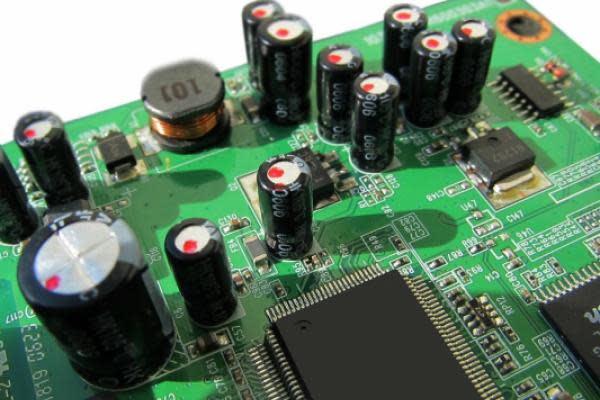I noticed, all semi talk in India is only about Southern states, where state governments ran industrialisation programs for decades.
Noida has few final assembly plants attracted with enormous subsidies, but near no actual manufacturing.
The lack/presence of bureaucracy is the literal do or die matter here.
I bet a lot. There were many, many talks of fab projects in India over the last 20 years.
My own experience opening manufacturing sites in India. It goes along these archetypal lines:
1. Big name conglomerate invites a Chinese co for a joint project: first impression — all great, state receptions, etc, 1 year down the line — they are still "considering." You say "we are ready to ship equipment tomorrow," they "come for one more memorandum of understanding signing"
2. A "real deal" man on the level of Avani/Ambani etc comes, and he so much real deal that he just says put the number on the cheque, and then walks away, expecting the Chinese/Taiwanese co to be able to do everything on their own in a completely new country to them. These guys have very poor idea how any business more complex than an oil refinery, iron mill, powerplant, or cement plant works.
3. You are invited by somebody as a part of state run investment program. The government, or a special economic zone authority promise tons of perks, and less regulatory burden. A month after they drop you/your client at the mercy of the said bureaucratic system. Get 10 NOCs to apply for the said simplified regulatory regime, and then you find their bonded warehouse facility being even slower than regular customs.

 timesofindia.indiatimes.com
timesofindia.indiatimes.com





/cloudfront-us-east-2.images.arcpublishing.com/reuters/SIVMUZZFKJIMROCY63625TDJLE.jpg)
/cloudfront-us-east-2.images.arcpublishing.com/reuters/PCAEXABG6ZKRRNEGVBVGFBHGIQ.jpg)
